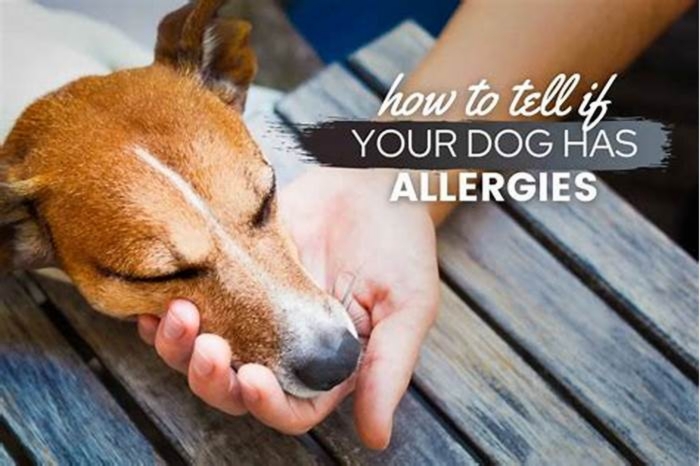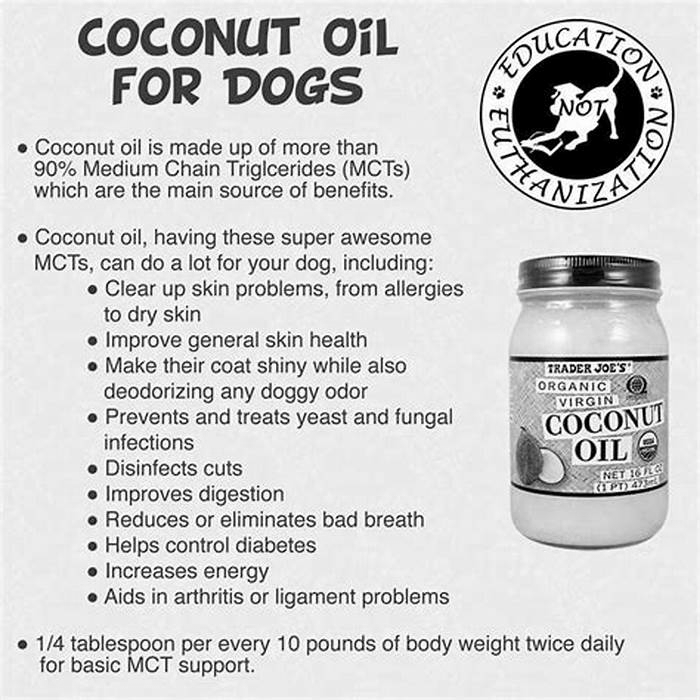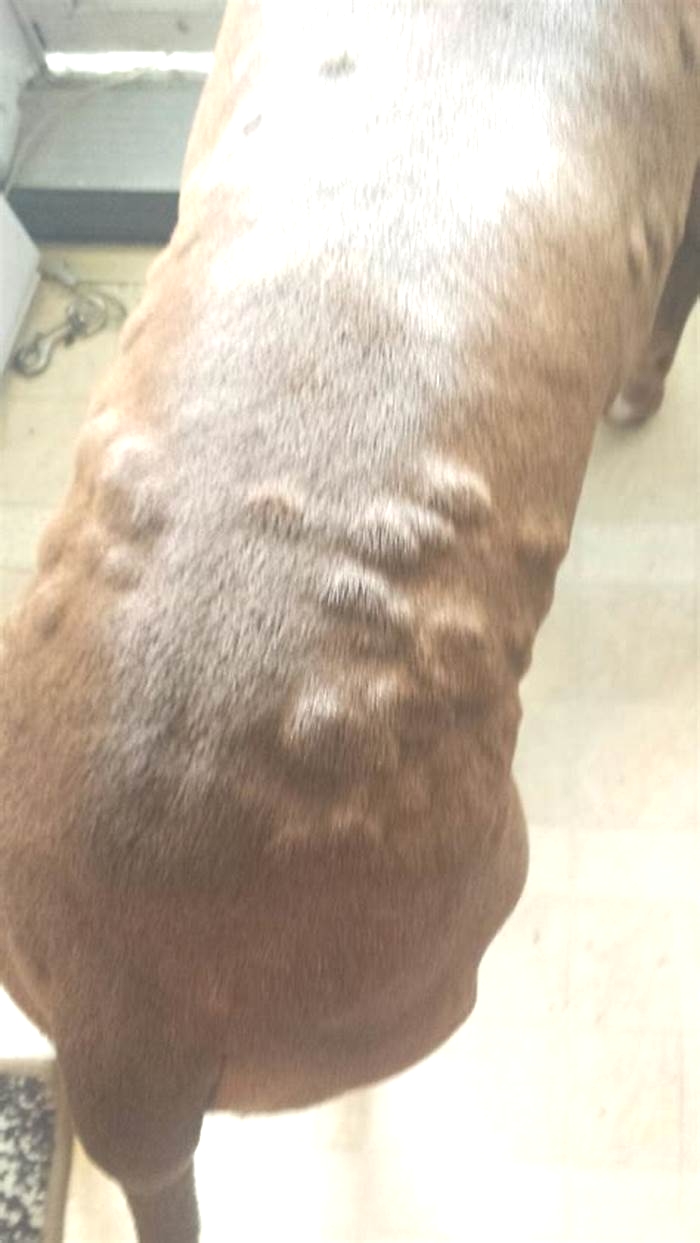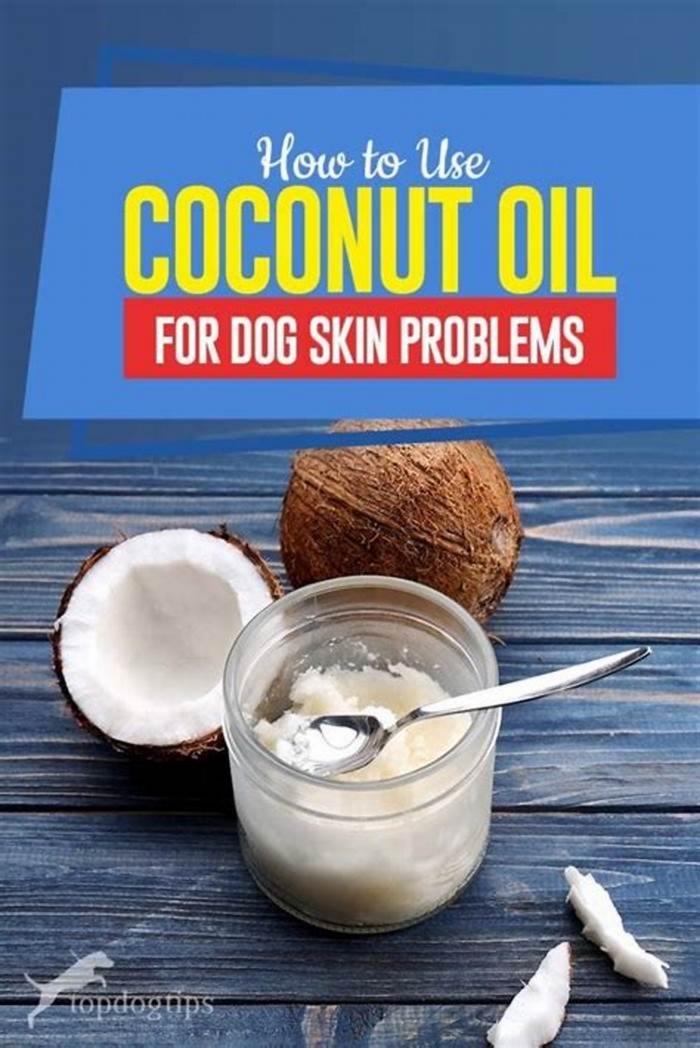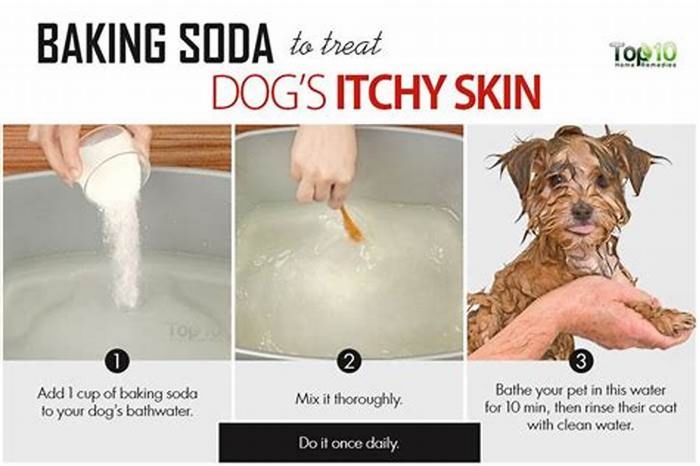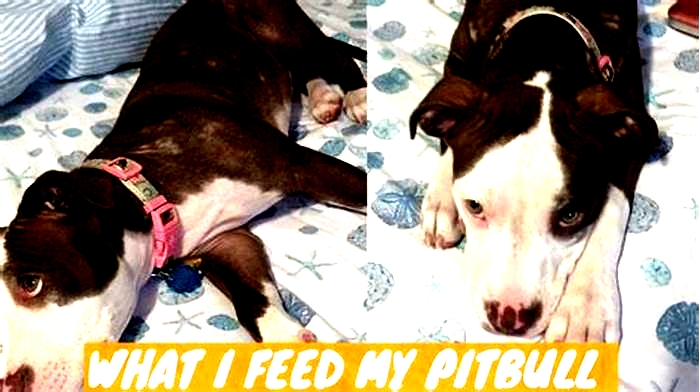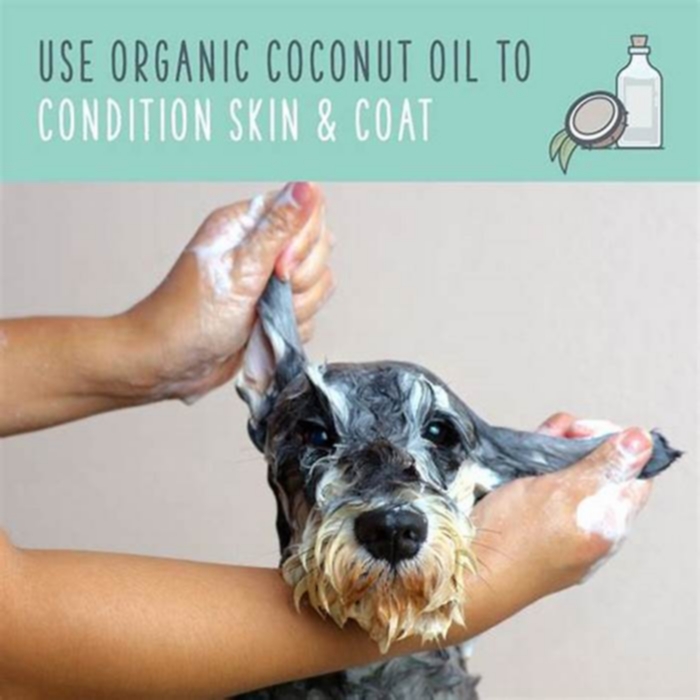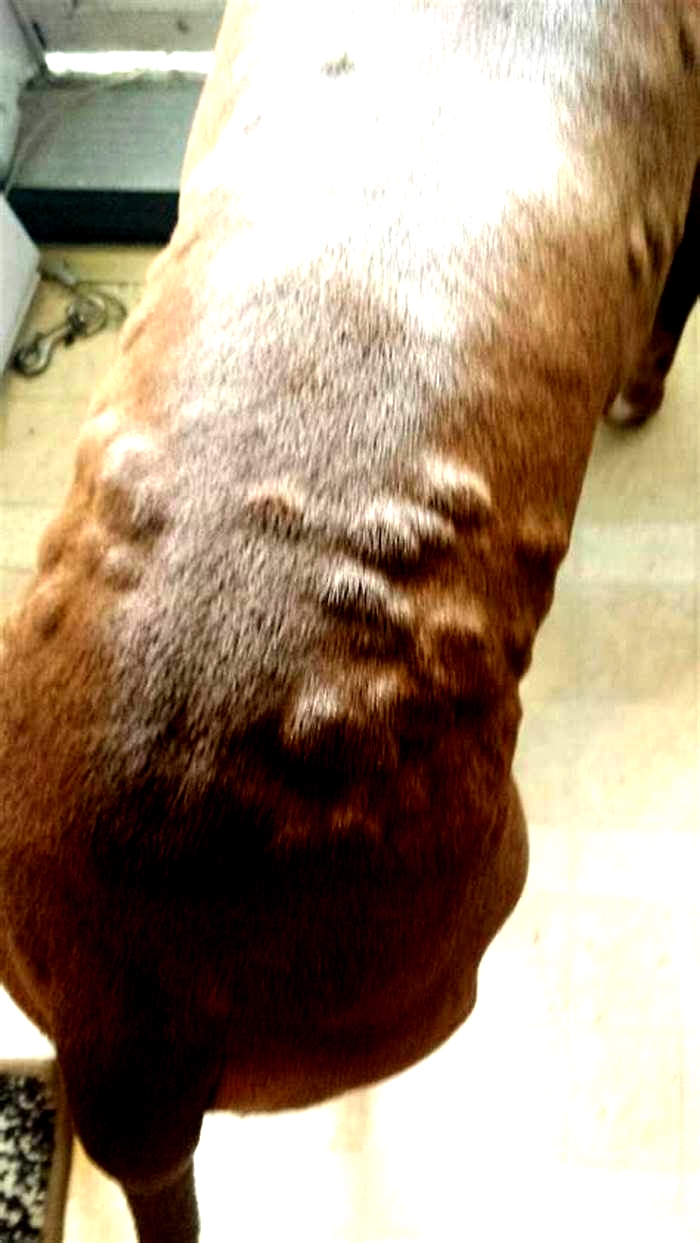What to do if your dog bites you and breaks the skin
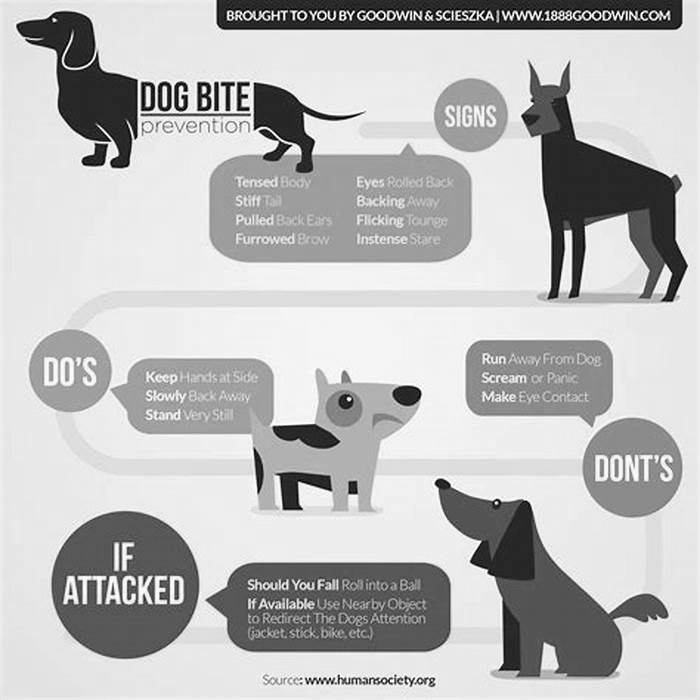
My Dog Bit Me! What Should I Do Next?
FYI: we may earn a commission for qualified purchases made through the links in our articles (learn more).
Quick Summary
- If your dog bites you, it is important to seek medical attention right away. Clean the wound with water and mild soap to prevent infection. Applying antibiotic ointment is also advisable.
- Call your vet to ensure your dogs rabies vaccination is up to date and alert them to the situation.
- It is important to remain calm after a dog bites you to prevent further aggression. Evaluate the possible reasons why the dog bit you and learn the warning signs to prevent future bites.
Getting bit by any animal is a scary thing. However, when it is your own dog that bites someone in your family, you arent only going to be hurt but shocked, angry, and maybe even a little guilty. I always hear that the first fear is often that you will have to surrender your dog or rehome him. Luckily, that is not always the case. Working closely with your veterinarian and a canine behavioral specialist can help you move forward.
Read on to know what to do right after the bite and what steps to take next.
Right After the Dog Bite Occurs
The immediate concern after being bitten by your dog is safety. Try to remain calm and not overreact. If you verbally or physically reprimand the animal, it could worsen the situation, as your dog may see it as an escalation of aggression.
If at all possible, the ideal solution is to transfer the dog out of the room. So you can both calm down. If thats not an option, go somewhere else, such as to another room behind a closed door or outside.
Once there, assess your dog bite injury. Seek medical care. If needed, go to the emergency room, urgent care, or call your doctor. Then, call your vets office to ensure your dogs rabies vaccination is up to date and alert them to the situation. These are situations that prove why its important to keep track of your puppys vaccinations.
Evaluate What Happened
Now that the immediate concerns are taken care of, try to analyze what happened. Answering the following questions to help you narrow down the cause:
- Where did this happenat home, on a walk, or somewhere else?
- Were there any other animals or people involved?
- Where on your body did he bite?
- Was it just a snap, or did he bite hard enough to break the skin?
- Was it one bite or multiple?
- Did he let go immediately, or did you have to walk away? Worse, did you have to use a barrier to break free or someone else to intervene?
- What events led up to the bite?
- Does your dog have an illness or medical reason why he may have bitten?
All of these will help you ascertain precisely what happened and the likelihood of your dog biting you again in the future.
For instance, if you startled him when he was sleeping, you know not to do that again. You also want to make sure he has a dedicated sleeping space in the future in a quiet area of the house where he is not likely to be disturbed. A quality crate in the corner of a less-trafficked room is perfect for this. You should also not let your dog sleep with you, as you likely move in your sleep, which could disturb the dog and bring out aggressive behavior.
If your dog gets triggered easily and lashes out regularly at those closest to him, this could pose a significant problem. While small dogs pose a threat, the peril increases exponentially with the dogs size which is why keeping children safe from dogs is very important.
Why Do Dogs Bite?
A dog may bite for a wide variety of reasons. The most common are:
Fear
Fear is a common reason for dog bites. If you determine this is the cause of your bite, you should practice trust-building exercises. Dogs that are often fearful bite more and will lash out at any perceived danger. Because of this, anyone and anything is in danger of being on the receiving end, so caution needs to be taken when he is around other animals and people.
Maternal Instincts
Mother dogs are protective over their litter, and approaching her pups could get you bitten. Once she is comfortable with you being near, you should be around without incidence. However, you should always still be slow and careful.
Pain
If a dog is experiencing pain, she is going to be stressed out and far more likely to bite. You may not even realize the animal is hurting, as many hide their pain well. Thus, the act of biting you may be your first indication that something is wrong. Consult with your veterinarian to see if there are underlying concerns that may be one of the causes of canine aggression.
Possessiveness
Was your pup close to a favorite dog toy or another item when she bit you? This is known as possessive aggression and can quickly become a serious issue if it is not addressed. This type of bite is intentional and serves as a warning that you came too close to whatever item she was guarding.
Prey Driven
Unlike possessiveness, prey-driven bites are often accidental and the result of excitement over a game, such as tug-o-war. Because of this, many experts advocate against games of this nature. Instead, play others like fetch, which gives your dog great exercise with much less of a chance of biting you.
Teething/Mouthing
Puppies bite. While they have sharp little needle teeth, they very rarely break the skin. The bite actions are known as mouthing and are due to the puppy teething. Often, they will go after the nearest parts of your body, such as your hands and feet. There is no malice intended, as they are simply exploring and interacting with the world around them. While it is cute when they play like this, you will want to train your dog not to bite before it becomes an issue as they grow.
Dog Bite Warning Signs : Dogs Body Language
The best thing you can do is try to prevent your dog from biting in the first place. Unfortunately, out of the millions that are bit every year, most are because children and adults are unaware of the proper way to act with dogs.
Therefore, it is essential to practice socialization from early on and create trust. It would be best if you also learned the warning signs of an impending dog bite through your pets body language.
Avoiding Eye Contact
Suppose your dog is giving you whale eye, meaning you can see the whites of their eyes or avoiding eye contact altogether. In that case, this is a solid indication that aggression may be building up, and a bite may occur.
Stiff Tail/Rigid Wagging
Tail wagging is usually a sign that a dog is happy. Nonetheless, it can also be a sign of them being aggravated. Take a good look at how the tail is wagging. A curved, loose wag equals joy and playfulness. However, if you see the tail is stiff, the hair is raised, or their stance is rigid, this denotes a sign he is irritated with the situation.
Growling and Baring Teeth
These two signs are hard to miss. Most people will immediately recognize that a dog growling and baring his teeth at you is likely to bite if the situation is not soon rectified. Growling should not be punished, as he is giving a warning sign to you to intervene. Remove whatever is bothering him before the circumstance escalates.
Dog Bite Behavior Modification

If you dont know why your dog bit or why he is expressing aggressive tendencies, seeking the help of a canine behaviorist may be in order. These professionals can help you figure out why the bite happened in the first place and ways to avoid another recurrence. The behaviorist may also assist you in developing a strategy for action, such as behavior modification training, to avoid future dog bites.
Every situation is different, but most dogs can be worked with after a bite. If they are accidental snaps or bites, yelling ouch or a high-pitched squeal is often enough to train him not to do what he is doing. This is especially true for training puppies when they are mouthing [1].
Fearful, reactive, and territorial dogs react well with desensitization. This counter-conditioning training involves the patient practice of introducing positivity around the dogs known triggers, such as offering a treat when reaching for a favorite toy the pup is notoriously protective of.
Dog Bite Precautions Moving Forward
Common sense goes a long way when it comes to human and dog interactions. First, just because you may have a loving and trusting relationship with your dog, that does not mean she will be the same with everyone else as she is with you.
Second, take precautions around children. Kids are especially guilty of not knowing how to act around dogs and have a tendency to exacerbate any fearful or territorial responses the animal may be inclined to. Never leave a dog alone with a child under five or one that has been known to bite.
Third, be sure to crate the dog when the company comes over. If this is not possible, keep the dog in another room to avoid any mishaps.
Finally, continue the training and be patient with your dog.
Animal control: Considerations for dog owners
If you are not able to get your dog under control, it may be necessary to rehome them. This is not an easy decision to make, but it may be the best thing for both you and your dog. There are many animal shelters and rescue organizations that would be happy to take in an aggressive dog.
Dog Bite FAQs
What do you do if your dog bites you?
Dog bites arent fun, but when your dog bites you or one of your family members, it can be not only scary but infuriating. So the first thing to remember is to stay calm so that your reaction does not make the situation escalate. Next, remove the dog to another room so that she can calm down as well.
Once the dog is removed, assess the wound. Clean it out and see a doctor or go to the emergency room if you believe stitches are needed. Be sure to contact your veterinarian to ensure that the dogs rabies vaccination is up to date.
Once all this is done, and you and your dog have had a chance to calm down, analyze the situation. Try to determine what caused your dog to bite and what you can do in the future to avoid it from happening again. If you cannot come up with any justifiable cause, take your dog to your vet to rule out any underlying medical reason.
Why do dogs bite their owner?
There are many reasons why a dog bites their owner. Puppies explore the world around them by mouth. Mothers protect their young. Animals that are in pain often lash out aggressively. Other reasons for dog bites include fear and protecting their possessions or territory.
It is crucial to get to the bottom of it so you can work towards avoiding the same circumstances and correcting your dogs behavior.
Should I be worried if my dog bites me?
If your dog has bitten you, your first reaction maybe fear. However, a dog biting its owner is often not a cause for serious concern. As long as the bite wasnt deep, the dogs rabies vaccination is up to date, and the dog is not usually aggressive, there should be no reason you would lose the dog or have to give her up. Nonetheless, if the bite seemed to come out of nowhere, you will want to take your pet to the vet to ensure that there is nothing medically wrong with her.
If it was a bite from a puppy, know that this is perfectly normal for them. They are learning the world around them, and these playful nips are one way for them to do that. By properly training them, you can avoid destructive behaviors in the future as they grow. In addition, older dogs will benefit through positive reinforcement and behavioral modification.
What to do if your dog bites you and breaks the skin?
Thoroughly clean the wound, apply a topical antibiotic or medicated ointment, and a bandage. If the injury is deep or large, go to the emergency room for treatment. Finally, be sure to check on your dogs rabies vaccination status, just in case.
Do dogs feel guilty after they bite?
Dogs often respond to scolding by lowering their heads, avoiding eye contact, or hiding. This reaction may seem like a guilt response to whatever they did. However, it is more likely they are responding due to you reprimanding them or raising your voice. That said, they will associate the scolding with the bite, so they may immediately look guilty because they know that they will get into trouble.

